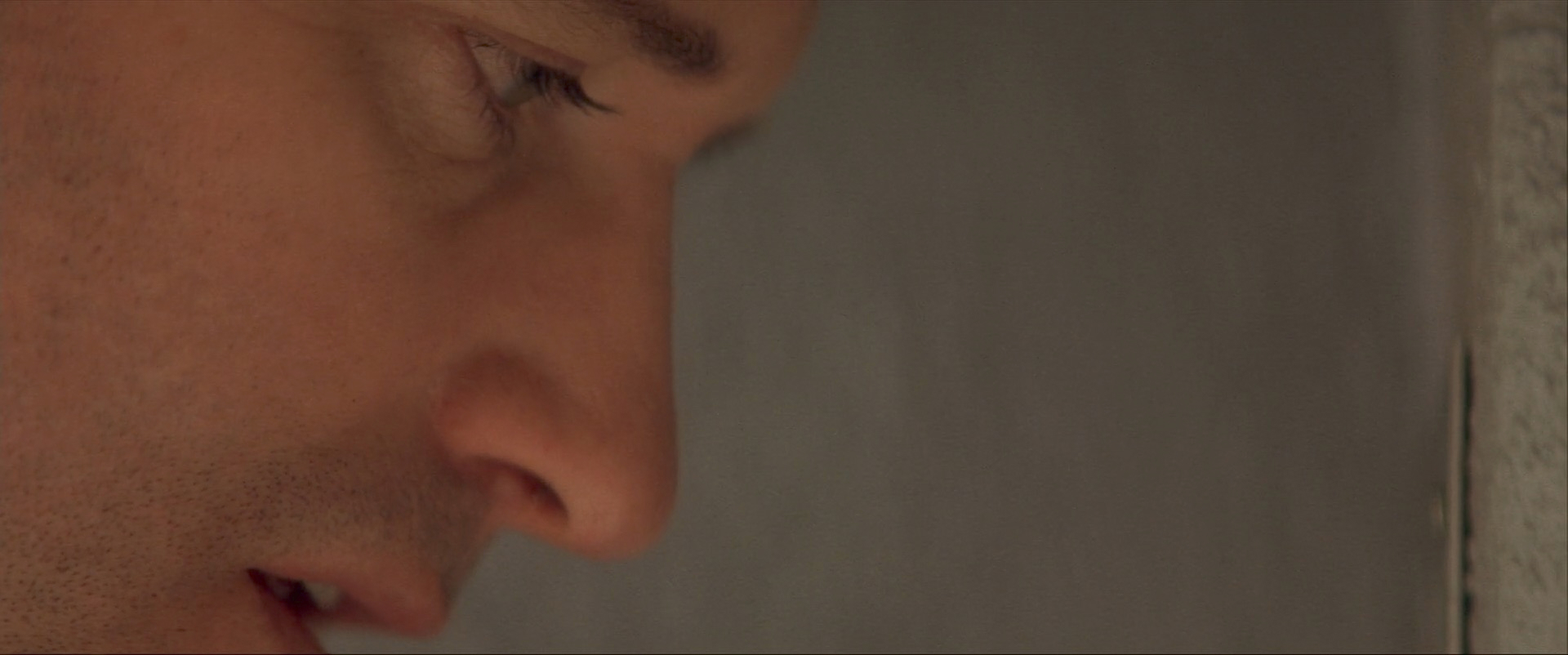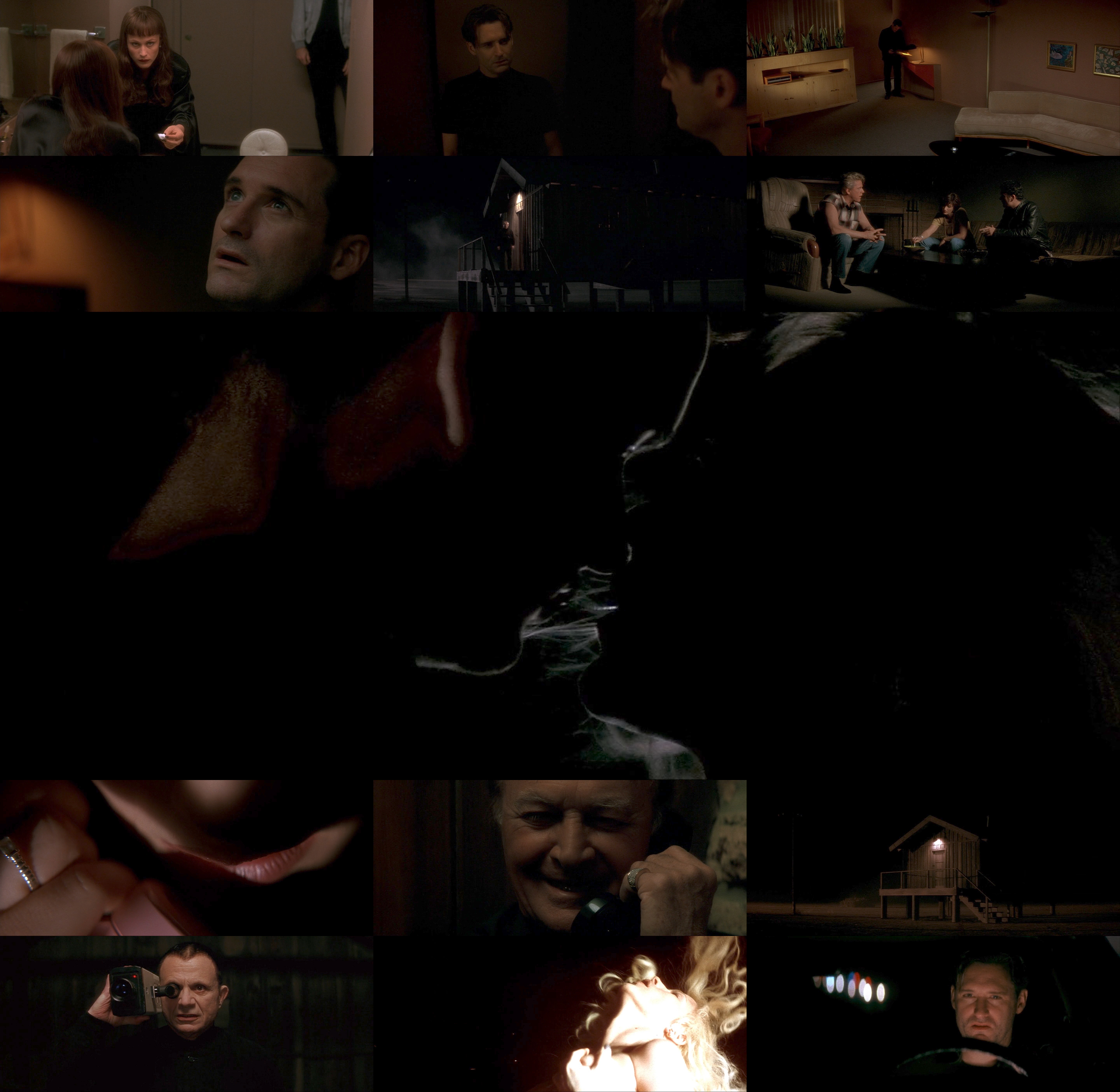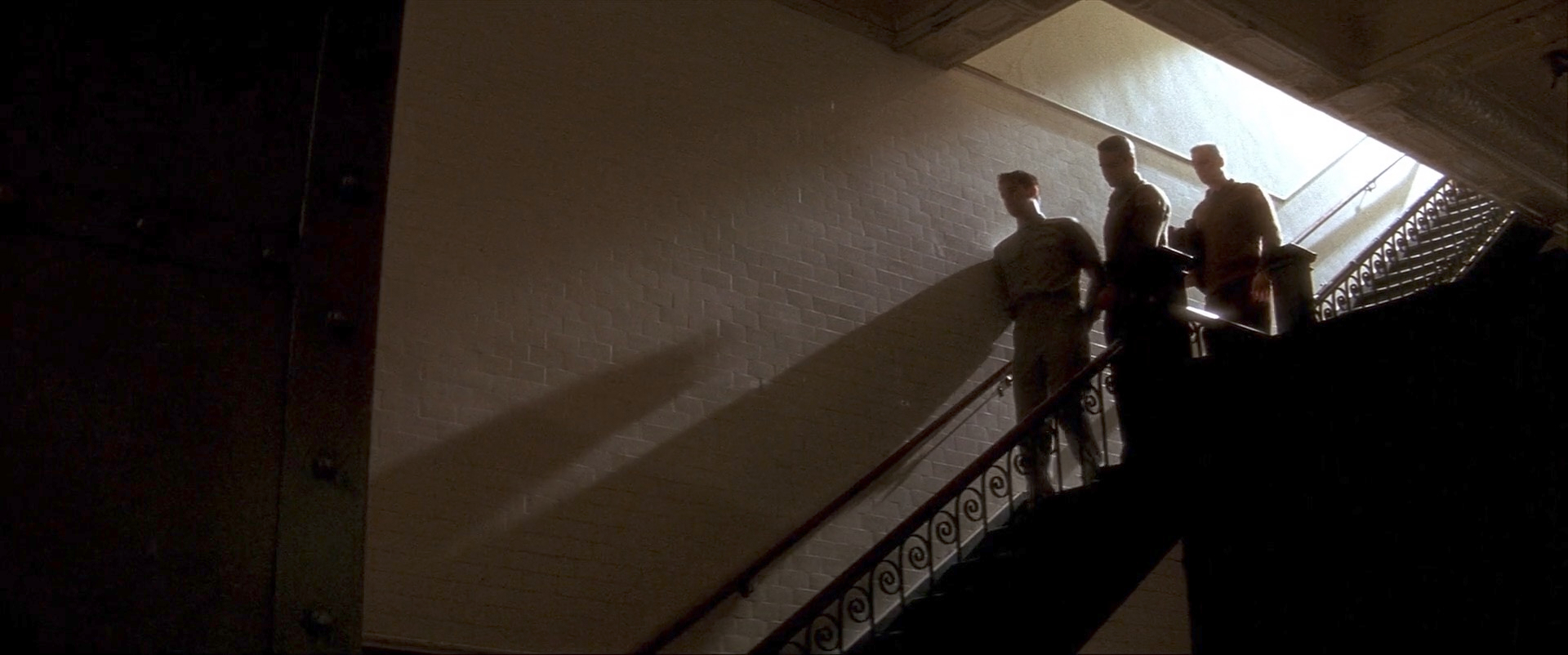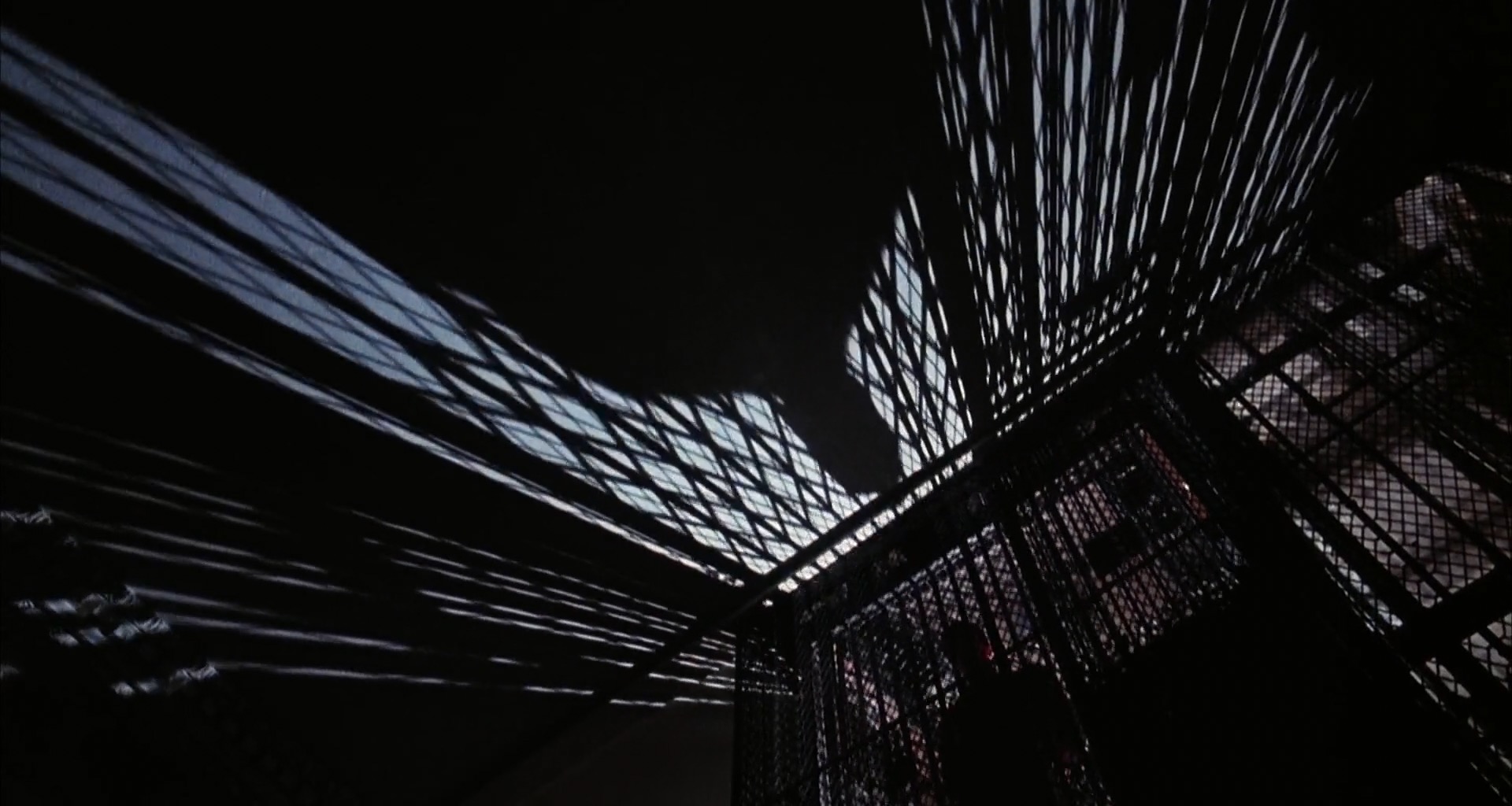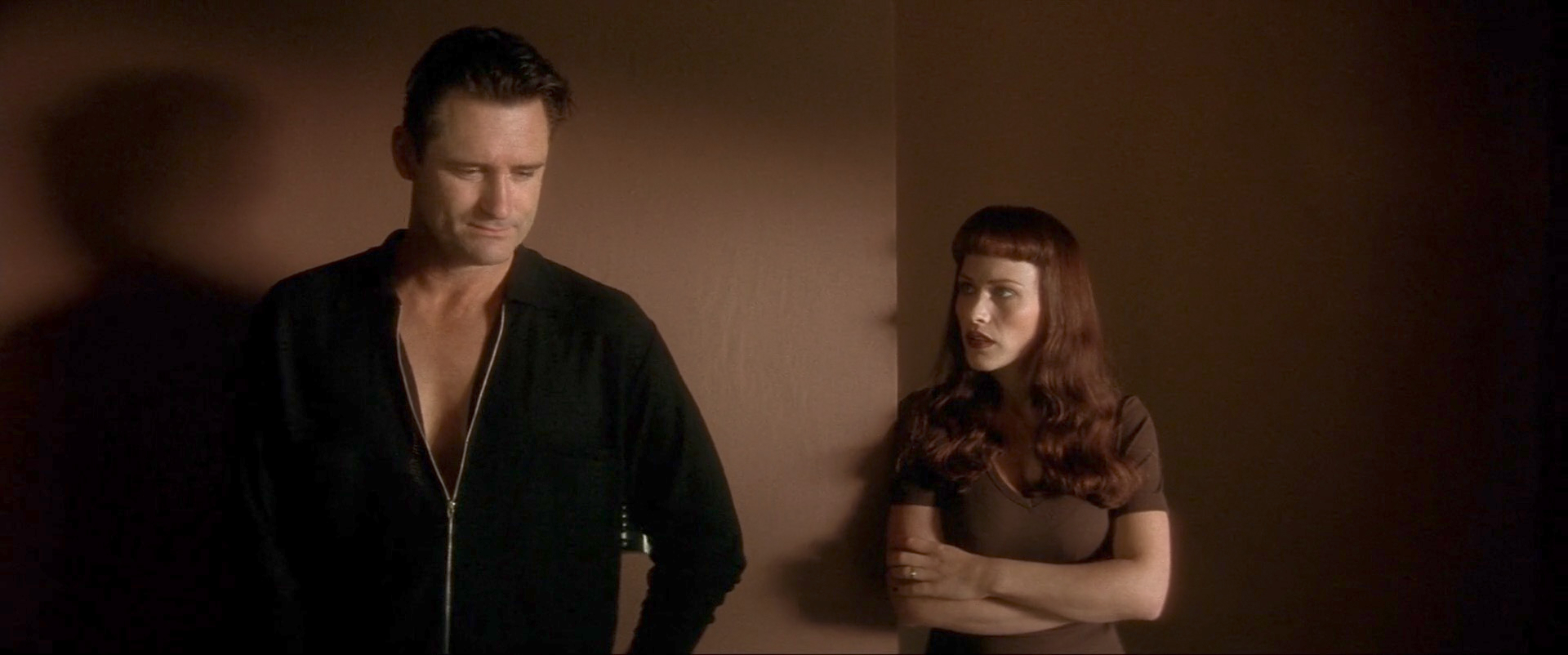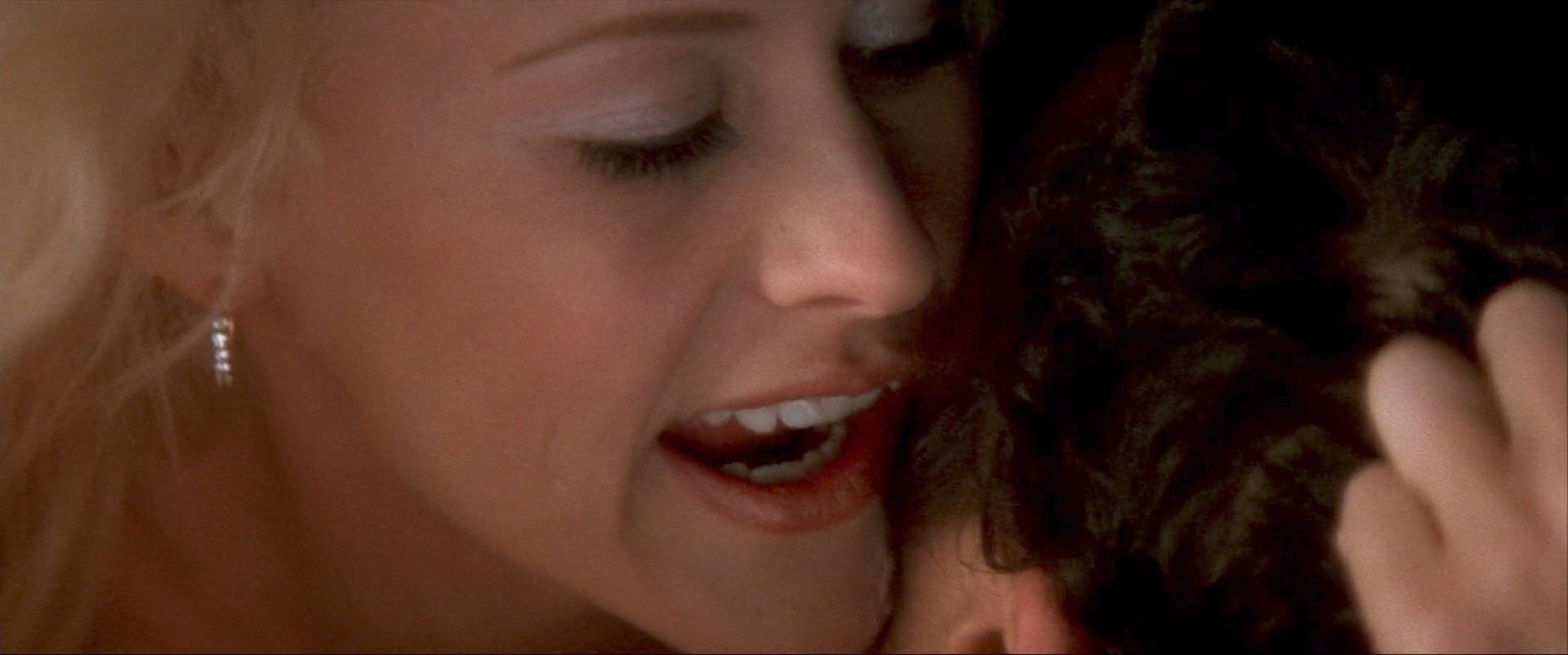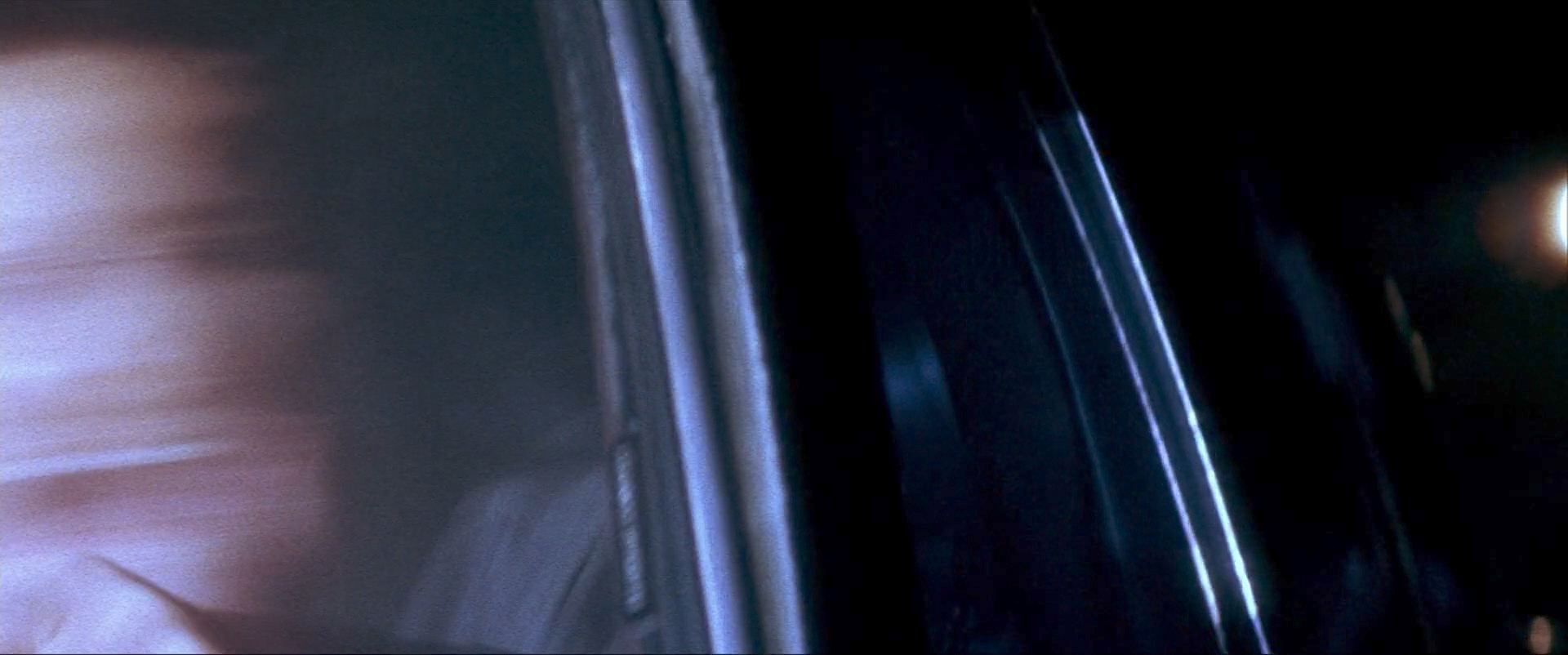Dick Laurent is dead
David Lynch’s death inspired me to rewatch my favorite movie of his: Lost Highway. I had been in high school when I saw it and I was curious whether my very disturbing and fond memories of it aged or not.
SPOILER ALERT! This post is not an attempt to explain Lost Highway, but I’m not going out of my way to avoid spoilers or my interpretations of characters and events.
I had a ton of fun with the story and characters, and I think I figured out that the chronology is reversed. It was such a pleasure to reconstruc the movie as I was watching it, and revisit / update my memories at the same time.
I couldn’t get enough of the visuals. My jaw dropped so hard that I proceeded to take 246 screenshots during the movie. I was floored by the sparse, elegant and meaningful color palette: the picture drowns in blackness, intertwined with shades of brown and gold. And the cinematography is apex Lynch: composition is always perfect in this unforced, almost spontaneous, intuitive and organic way.
I can’t get enough of this shot in particular:
Is this a nod towards the elevator shot in Angel Heart, where Johnny descends to hell?
The sarcastic, direct sense of humor reminds me of the almost cheerful moments in Twin Peaks and seems to come straight from what I like to call (fairly geographically inaccurately) Lynch’s midwestern roots. My brain just automatically connects his sense of humor, his no-bullshit nature, with my (very fond) experiences from that part of the US.
I don’t remember noticing the ironic side of the main theme 20 years ago. Let’s call it relationship complications: uncertainty, obsession, jealousy, all stemming from an awkwardly presented sense of masculinity. I love how Lynch plays with it all, perfectly walking the line between irony and mystery. After all, isn’t it how paranoia works? At first it’s meaningless, and the next moment it turns into a big deal, seemingly out of nowhere.
Duality or juxtaposition seems to be a mechanism prevalent across the movie: light and darkness, humor and dread, simplicity and mystery, man versus woman, good vs evil. It’s all very nuanced though, for example Patricia Arquette’s character(s) is both innocent and helpless, and at the same time is the main object of desire and thus the driving force behind most of the movies’ events.
I think she is the closest to The Mystery Man in terms of power, motivation and influence, but she’s definitely not evil. She is complete, and in control. And even though they’re both probably from The Black Lodge (at least I like to think so), it’s such a fantastic idea that she never meets The Mystery Man on-screen.
I dig her character a lot more this time around.
I remember thinking that Lynch made the dialogue sound awkward and stiff to serve the overall surreal atmosphere… several years and complicated relationships later, I don’t see it that way anymore. This time around, dialogue felt much closer to how it can be in real life when things are fucked up, cold and distant. But still, it is served with a pinch of grotesque comedy, it’s so exaggerated and silly if you look at it from a distance.
I can’t believe this: Lost Highway is a pretty funny movie. And still my favorite Lynch.
I have to mention music too: 20 years ago I was totally into Nine Inch Nails and “Driver Down” remains my favorite piece on the soundtrack:
Beyond that, presence of Rammstein, Marylin Manson, Smashing Pumpkins and the absolutely insane, beautiful opening and closing song by David Bowie, makes it evident why the 20-year old me was so excited by this film.
After the credits rolled, I went onto a bit of a YouTube binge and discovered several spooky facts:
- Inspiration for the first scene: David Lynch had a “Dick Laurent is dead” intercom moment in real life. Someone said these exact words into his intercom once, and he never found out who it was. There was another David living a few houses down from his place, so Lynch assumed they had the wrong address.
- Inspiration for the Fred/Pete transformation: Lynch was obsessed with OJ Simpson’s trial and particularly how OJ could go back to living a normal life after being proclaimed innocent. Lynch was interested in “how does the mind protect itself from this knowledge and go on?”. And so he thought up a condition where a person dissociates themselves from a traumatic event, which ended up being the main theme of the film. Only later, Lynch found out he had intuitively figured out a real-world psychiatric condition, Dissociative Fugue:
a rare psychiatric condition characterized by reversible amnesia regarding one’s identity, often accompanied by unexpected travel or wandering. In some cases, individuals may assume a new identity and be unable to recall personal information from before the onset of symptoms.
- It seems like Robert Blake, the actor who plays The Mystery Man, had a real-life OJ Simpson-like, Lost Highway-like dissociative fugue situation. In 2002, he was charged with murder of his wife, subsequently released due to insufficient evidence, and continued on to live his life in what perhaps was denial caused by dissociative fugue. He died in 2023. His YouTube channel is still up and it’s pretty weird. I couldn’t find any mention of Lost Highway or David Lynch in his videos thus far. Need to write a script to batch summarize all of them with ChatGPT or something.
- One more about the first / last scene: Lynch wanted the main character to not be able to see the front door of the house from where they answer the intercom. Having failed to find an appropriate location after months of searching, he bought a house in Los Angeles hills and reconfigured it. Yet another example of dualism in the movie: Fantastic dedication to detail and realism enabled a thoroughly awkward and surreal outcome.
All in all, I’m happy that Lost Highway did not age a single day for me. I think I understood it a little better this time around, and the research I did afterwards made it even more rewarding.
Mulholland Drive is up next!

